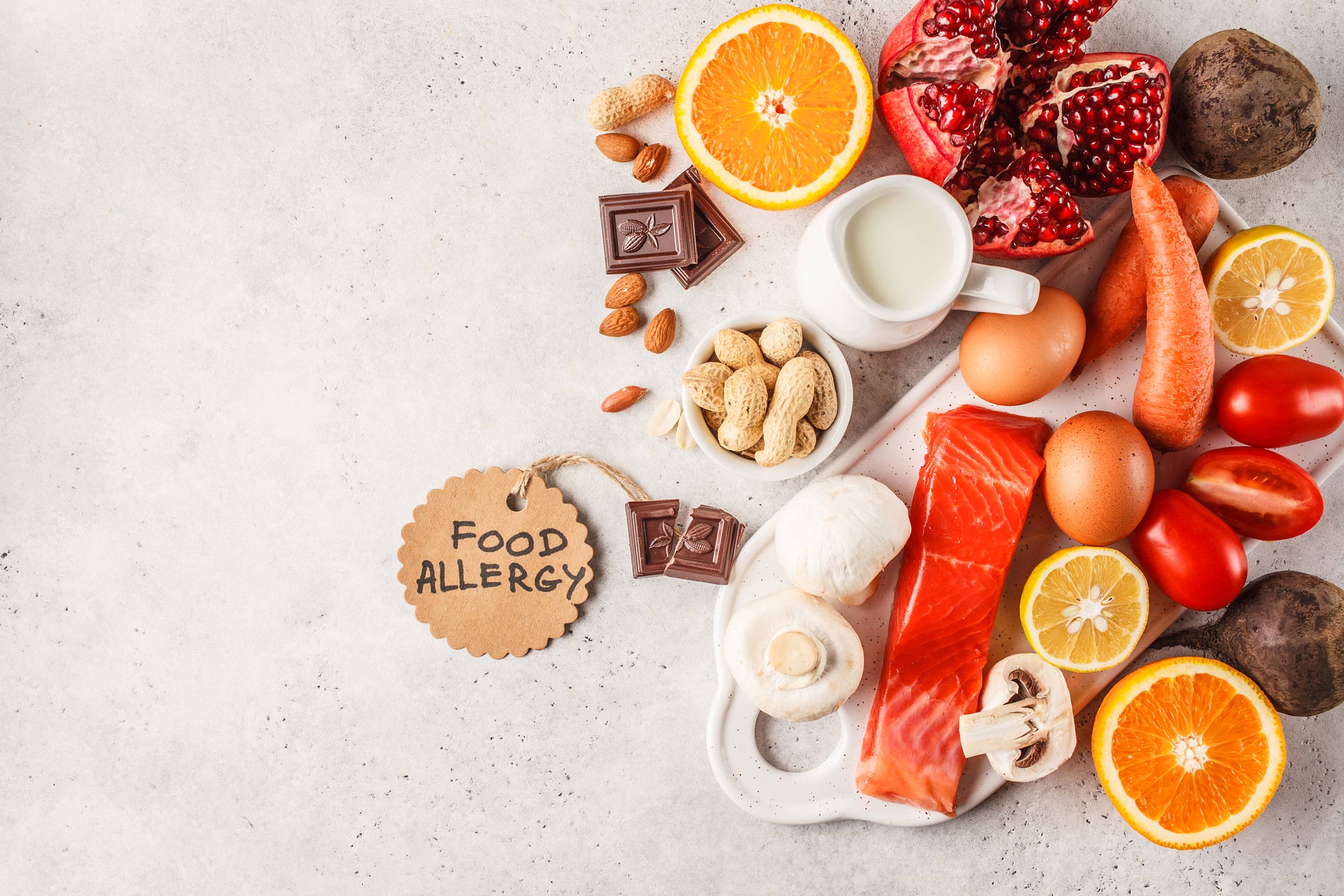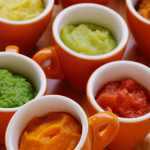
06 Mar Preventing Food Allergies In Your Baby
As a kids allergy nurse Heidi Young points out that giving your babies these common allergenic foods before they turn one, can greatly reduce their risk of developing an allergy to it.
We now know that the best way to prevent allergies in our children is to give them the common allergy-causing foods before they turn one.
Delaying the introduction of the common allergy-causing foods does not prevent food allergy. Research has shown that giving your babies these common allergenic foods before they turn one, can greatly reduce their risk of developing an allergy to it.
When you feel your child is ready, around 6 months (but not before 4 months), and they are taking an interest in food, watching you eat, they have good head control and are sitting up unaided, you can introduce these first common allergenic foods, in the form of smooth good quality peanut butter and well-cooked egg.
It is also recommended by the National Allergy Strategy that ALL babies, should be introduced to common allergy-causing foods despite family history or other factors like eczema.
If you have tried these foods and your baby has reacted in any way, you should see an allergy specialist as soon as you can, so as not to delay any further feeding and get the proper advice.
Common allergy-causing foods are as follows –
- Egg
- Wheat
- Cow’s milk
- Soy
- Peanut
- Fish
- Shellfish
- Sesame
- Tree nuts
Heidi Young is the founder of The Nest, Kids CPR & Allergy. She is a paediatric nurse of 17 years and a clinical nurse specialist in allergy at Sydney Children’s Hospital.
General advice and resources:
• The Australasian Society of Clinical Immunology and Allergy provide a really great resource for advice on why we should feed our babies these foods as soon as possible –ASCIA is the go-to for the most up to date information on anything allergy related. Here are their guidelines on infant feeding and allergy prevention
• Note: This article provides general health information and in no way constitutes medical advice. Ideas and information expressed may not be suitable for everyone. Readers wishing to obtain medical advice should contact their own doctor.




